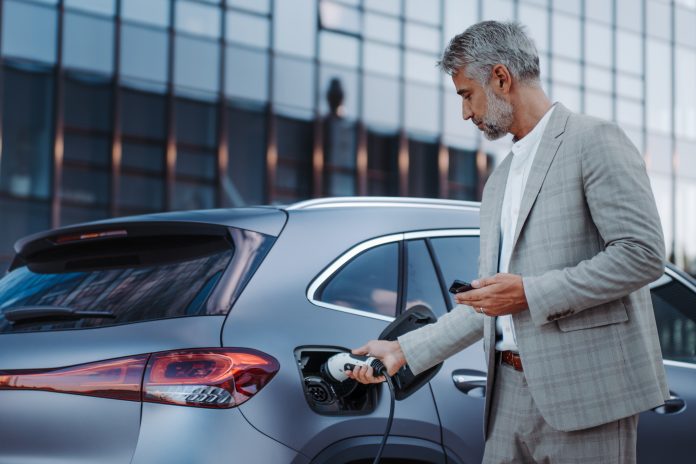Considering consumers are aware that most EVs are intrinsically more expensive, nearly 48% of the 7,500 respondents surveyed believe that EV prices are excessively high. “The largest obstacle to electric vehicles remains pricing,” says Yanina Mills, senior technical research analyst at S&P Global Mobility.
Less than half of respondents believe EV technology is ready for mass market adoption despite an increase in the number of EVs on the market and an improvement in consumer awareness of tax incentives and benefits. According to the S&P Global Mobility poll, merely 42% of respondents are considering buying an EV as their next car, while 62% are waiting for technology to advance before purchasing a new vehicle.
The primary reason given by participants not to purchase an EV is affordability, followed by charging problems. Compared to last year, 46% of respondents were worried about the amount of time needed for charging, and 44% were concerned about the accessibility of charging stations. However, to achieve widespread EV adoption, several barriers must be overcome.
Furthermore, buying an EV is a joint decision made by consumers who want to lower their carbon footprint. This objective also promotes substituting electric-powered alternatives for consumer items that burn fossil fuels, such as outdoor garden equipment and heating/cooling systems. But there is a price for each of these things regarding purchase and recharge. According to Mills, “All-electric everything doesn’t seem achievable for many consumers.”



